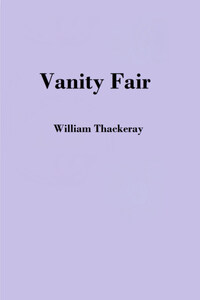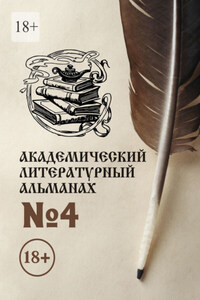"I cannot imagine a more disagreeable way of qualifying for the income tax," said one of America's most noted after-dinner speakers to me when at a chance meeting he and I were discussing the joys and woes of the lecture platform. I must admit that in a way I sympathized with him; for I knew something of the sufferings endured for days and nights prior to one's own public appearance as an after-dinner or platform speaker.
There was a time many years ago, upon which I look back with wonder that I ever came through it without nervous prostration, when I suffered those selfsame mental agonies as the hour approached for the fulfilment of one of those rash promises which men fond of the sound of their own voices make months in advance to those subtle flatterers who would lure them from the easy solitudes of silence into the uneasy limelight of after-dinner oratory. Not without reason has a certain wit, whose name is unfortunately lost to fame, referred to the chairs behind the guest table on the raised platform at revelries of this nature as "The Seats of the Mighty and Miserable."
These sufferings involve a loss of appetite for days in advance of the event; a complete derangement of the nervous system, with no chance of recovery for at least ten days preceding the emergent hour, since sleep either refuses to come to one's relief altogether, or coming brings in its train a species of nerve-racking dream which leaves the last estate of the weary slumberer worse than the first. The complication is far more difficult to handle than that involved in the maturity of a promissory note which one is unable to meet; for there are conditions under which a tender-hearted creditor will permit a renewal of the latter sort of obligation, and this thought provides some sort of rift in the cloud of a debtor's despair.
But in the matter of public speaking there is no such comforting possibility. Nothing short of inglorious flight, painful accident, or serious illness, can save the signer of that promissory note for twenty-five hundred personally conducted after-dinner words from being called upon to pay in full the moment the note falls due. He can't even plead to be permitted the payment of one paragraph on account, and the balance in thirty days.
The contract can neither be evaded, postponed, nor sublet. It is then or never with him, and while no great harm would come to the world if ninety-nine and seven-eighths per cent. of the after-dinner speeches of the ages had gone unspoken, no man of the right, forward-looking, upstanding sort, whether his speeches be good, bad, or, like the most of them, merely indifferent, may wilfully or comfortably permit a promise of that nature to go to protest.
Yes, I sympathized with that excellent gentleman. I have known him to take to his bed three days before the ordeal, tremblingly approach the banquet board, rise to his feet, his nerves taut as a G string, his knees quaking in the merciful seclusion of the regions under the table, and then, with hardly a glimmering of consciousness of what he was doing or saying, his whole being thrilled with terror, acquit himself brilliantly, to return home at the conclusion of his trial physically and nervously prostrated.
One of the happiest recollections of my platform work, nevertheless, had to do with just such a shivering, quivering condition. It was many years ago – back in the mid-'90's of the last century, that so-called crazy end-of-the-century period, which inspired Max Nordau's depressing treatise on Degeneracy, and yet now seems so gloriously sane in contrast to what is going on in the world at the present time.
In some mysterious fashion I had succeeded in writing what the literary world is pleased to term a "best seller," and was in consequence enjoying a taste of that notoriety which inexperienced youth so often confounds with immortality. One result was a tolerably persistent demand that I exhibit myself at one of those then popular functions known as Authors' Readings. This was a form of entertainment almost as barbarically cruel as those ancient ceremonies in which Christian martyrs were thrown into an arena to demonstrate their powers in combatting irritated tigers, and such other blood-thirsty beasts of the jungle as the ingenious fancy of the management might suggest. It was, in a manner of speaking, a sort of Literary Hagenbeck Show, whither the curious among the readers of the day were lured in sweet Charity's name by the promise of a personal performance by real literary lions, with an occasional wild goose or two wearing temporarily the gorgeous plumage of the Birds of Parnassus, thrown in to make the program longer.
Invited to take part in one of these affairs, and feeling that for posterity's sake it was my duty to rivet my firm grasp upon Fame by keeping such company as my remotest great-grandchild could wish to have me known by, I carelessly accepted as if it were easy to comply, and all in the day's work of a new sun dawning upon the horizon of letters.














